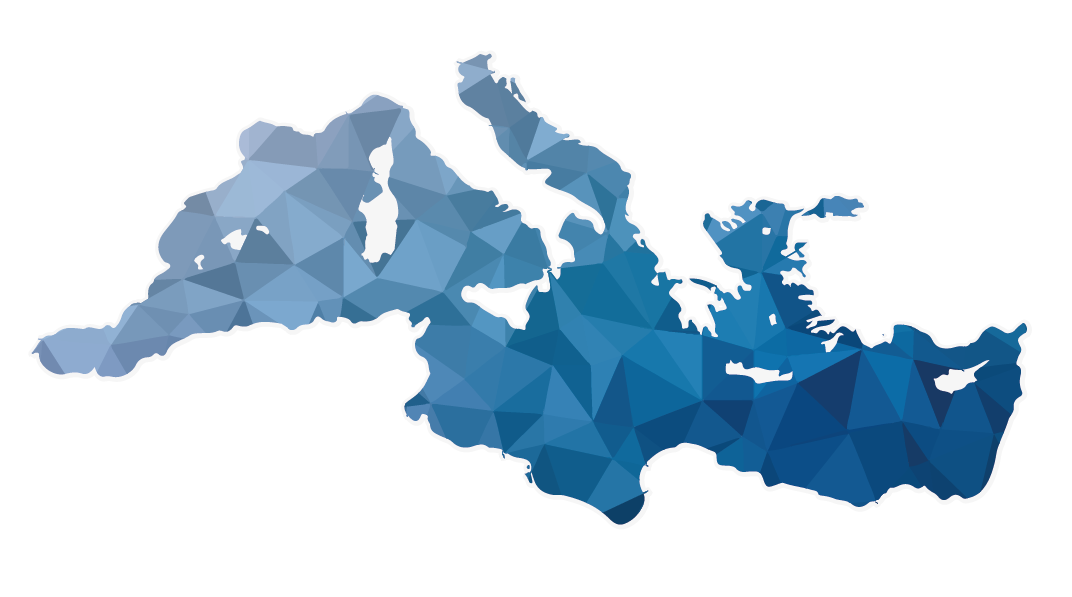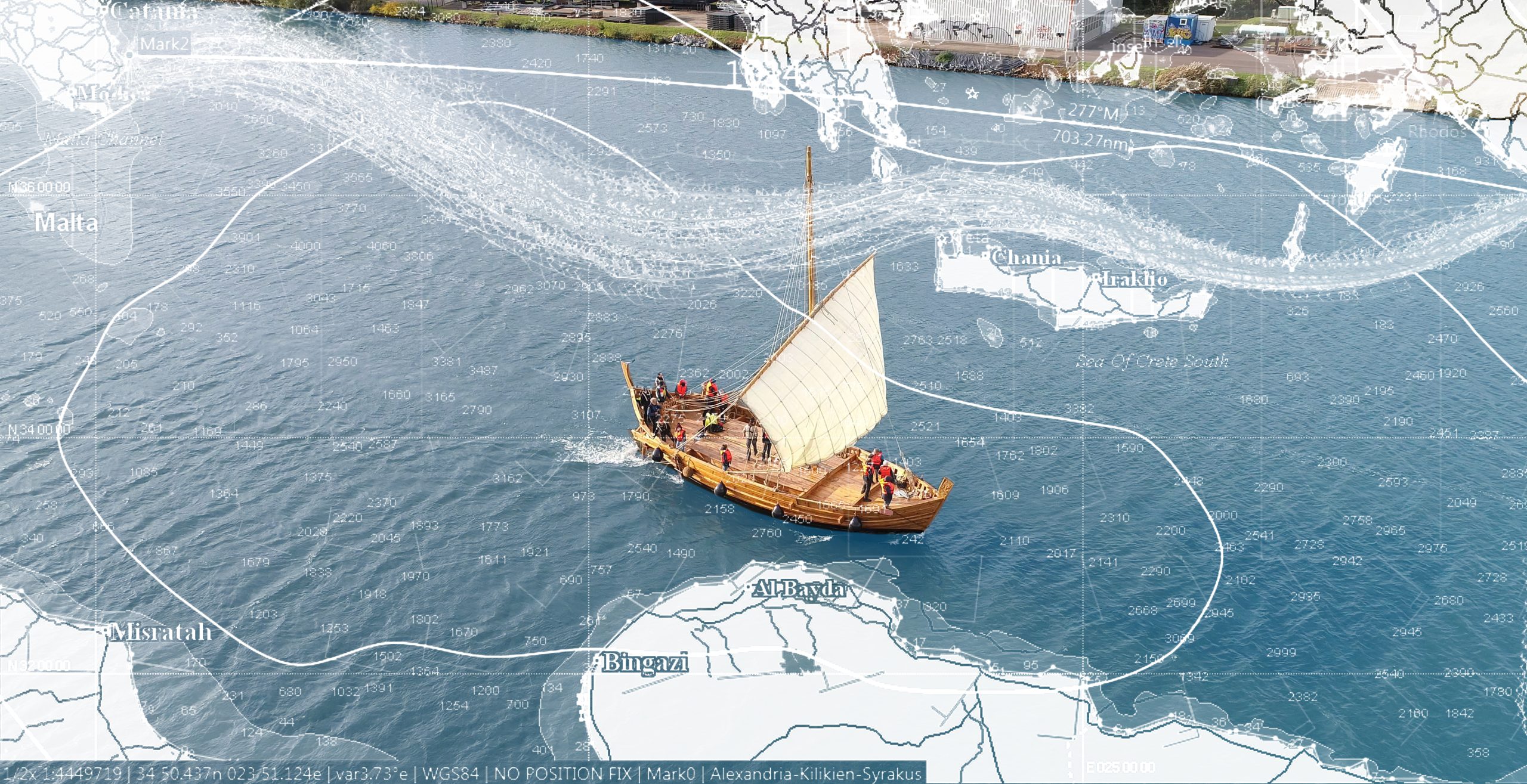Maritime connections and their influence on ancient maritime trade
– Nautical simulations as a basis for historical research
Navigare necesse est, vivere non necesse est (original: Πλεῖν ἀνάγκη, ζῆν οὐκ ἀνάγκη)! The Greek historian Plutarch put this saying into the mouth of the Roman commander Pompey, which means “seafaring is a necessity, but life is not. The latter is said to have said it to shipmen who, because of a violent storm, refused to set sail for Rome on a cargo ship loaded with grain. This anecdote, whose saying still survives today as a sailor’s motto, shows the great importance that seafaring had for the city of Rome and the Roman Empire: without the grain imports, Rome would not have been able to survive, and so the lives of individuals counted for less than the collective.
Maritime connections are a key prerequisite for the development of complex economic systems. Unlike land routes, which are much better documented archaeologically, documentarily, and literarily, sea routes and their influence on transportation costs represent a research desideratum especially for the pre-modern periods. However, this requires calculation bases to be determined in resilient corridors in order to be able to not only anticipate findings on globalization phenomena, but also to describe them in concrete terms. Although such processes are occurring in concentrated form in recent times, they are already tangible in rudimentary form in antiquity. It is precisely the “perspective of long duration” that makes it possible to observe effects on society and the economy that cannot yet be made for the current time.
The project “Maritime Connections and their Influence on Ancient Maritime Trade – Nautical Simulations as a Basis for Historical Research” represents the long-term project of the University of Trier for researching these very topics, with the goal of providing a working tool for research, but also for an interested public, through the development of a Digital Interactive Maritime Atlas of History (DIMAG), with which commodity flows, economic and communication routes can be researched by combining route simulations with historical and archaeological data.
The project, which is funded by the German Research Foundation (DFG) and has a funding period of nine years, deals in three funding phases with different temporal and regional sub-periods of antiquity. After an exploration of the Mediterranean during the Roman Empire (1st-3rd century AD), the Classical-Hellenistic sub-period followed and with it the opening up of new sea areas, such as the Adriatic, the Eastern Atlantic and the Indian Ocean. In the third funding phase, the focus will shift to Late Antiquity and the Black Sea region, as well as maritime connections in northwestern and northeastern Europe.
The Interactive Atlas as a research tool for historians and interested members of the public will be available as a web-based geo-information system for the Mediterranean region of the Roman Empire at the end of the first funding phase in spring 2024 and will be further developed in the course of the second and third funding phase.
Aims of the project
1. to establish maritime economies as a subject of research in antiquity with quantifying studies in a new perspective, with methodological development playing a central role. The focus is on maritime trade and related globalization phenomena.
2. for this purpose, with the simulation of ancient merchant shipping, a new method for calculating the course and capacity of maritime connections, as well as the calculation bases for entrepreneurs engaged in maritime trade, is developed and its scientific value is demonstrated by its application in the studies carried out under 1.
3) By providing the data basis for the calculations made under 2. and the visualization of the simulation within the framework of a “Digital Interactive Maritime Atlas of History” (DIMAG), a GIS is to be made available to research as a working tool for the first time and in the long term. This should also be applicable to other subject areas beyond economics, such as the question of the transfer of people and ideas or communication channels.


